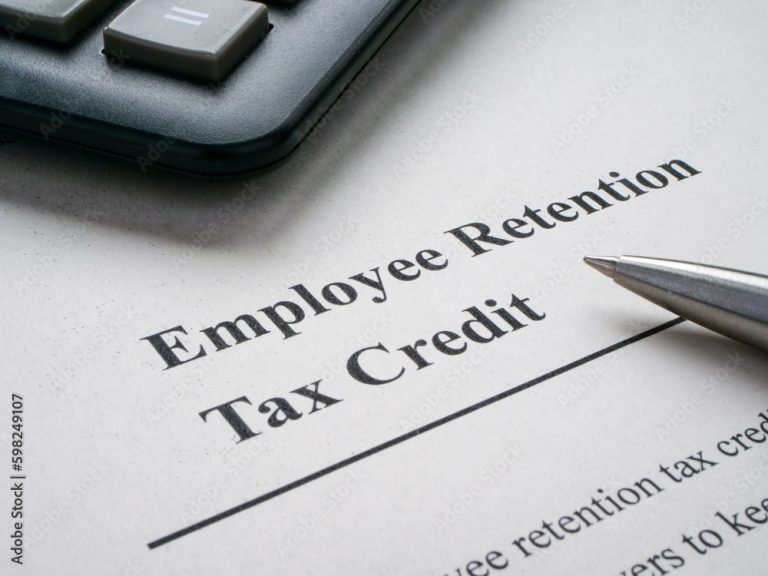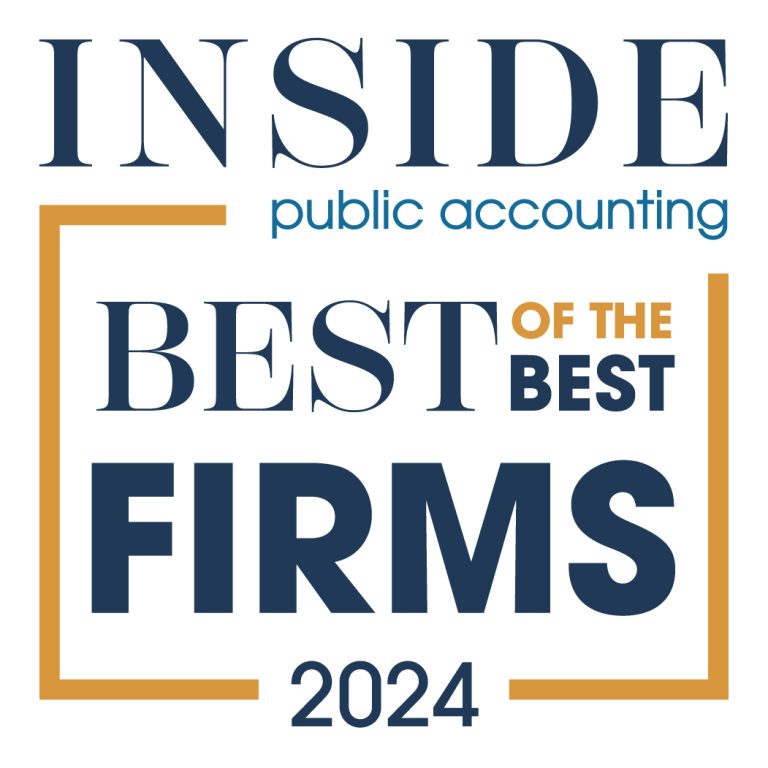
Financial Insights
News and resources for your financial life.

Did you claim the Employee Retention Credit (ERC)?
If your ERC payment arrived in 2024 or 2025, you're not alone in wondering what to do. The good news is with the updated March 20th 2025 guidance from the IRS - you won’t need to file an amended return or an administrative adjustment request (AAR) for the year you originally claimed the ERC.

Meadows Urquhart Recent Promotions
We are excited to recognize the achievements of several team members with well-deserved promotions. Their dedication and contributions continue to strengthen our firm and the service we provide to our clients.
Is it time to consider a Roth conversion?
Is it time to consider a Roth conversion?
Are tax rates going up in 2026? That’s a great question. As the AICPA put it in February 13th’s Town Hall session, there’s a “long winding road” ahead of us as budgets, reconciliations, and tax packages battle their way through Congress.
Congratulations Patrick Cureton! Newest Partner at Meadows Urquhart!
Meadows Urquhart is excited to announce that Patrick Cureton has been named a Partner in the firm.
Thinking about purchasing some depreciable assets? Here are some reasons to consider buying this year instead of waiting.

Looking for ways to reduce your energy consumption? Here are some tax savings that can help.
Thinking about looking for ways to reduce your energy consumption? Here are some tax savings that can help.
Meadows Urquhart is Best of the Best 2024
We’re thrilled to announce that Meadows Urquhart Acree & Cook has once again been honored with the prestigious Best of the Best award from Inside Public Accounting!



